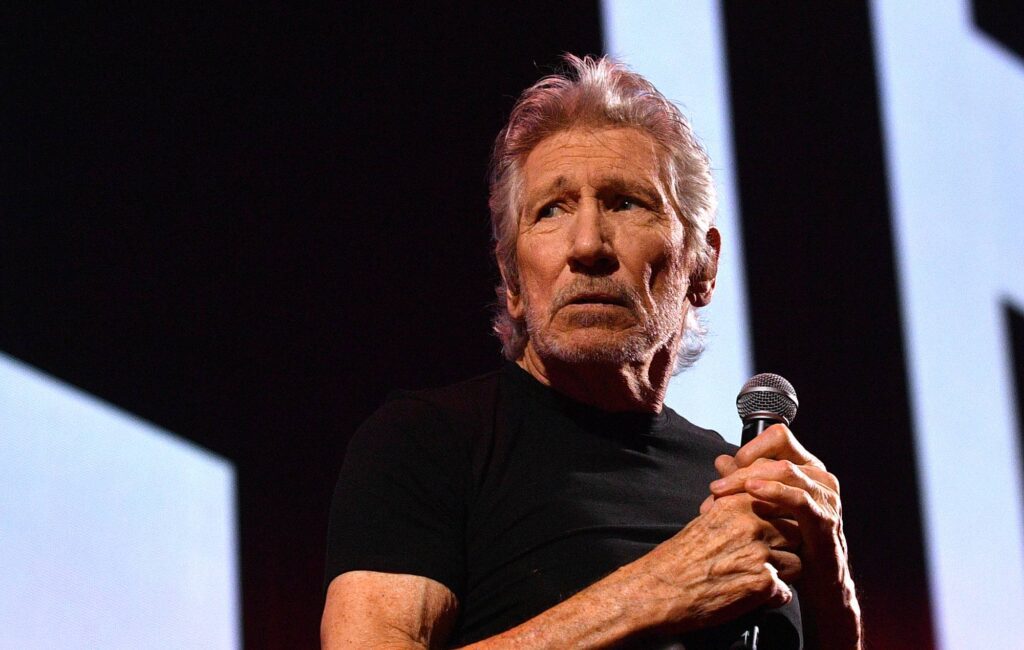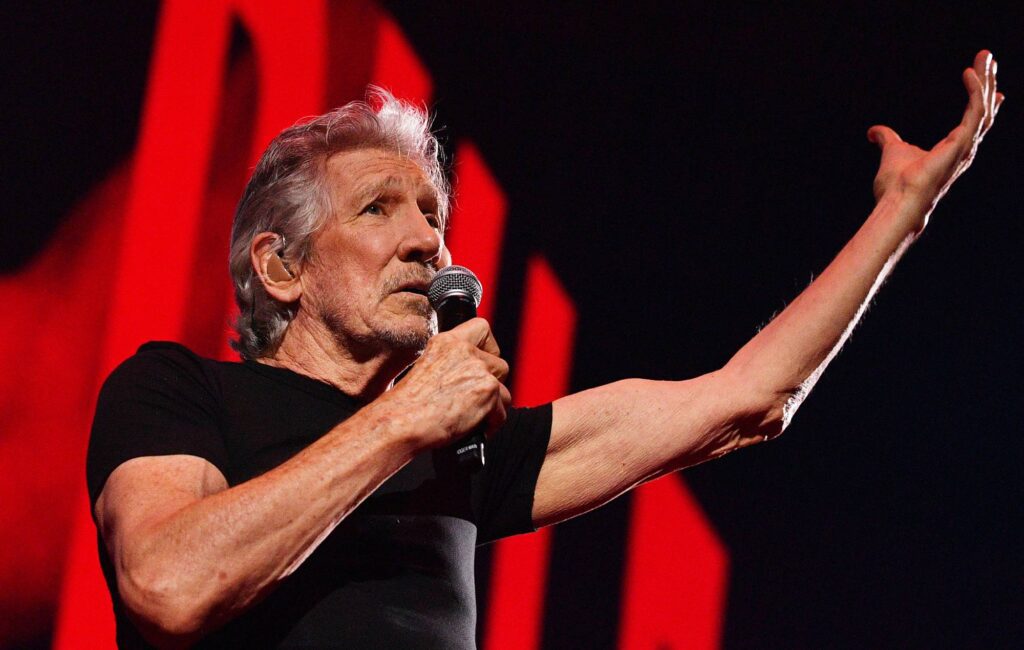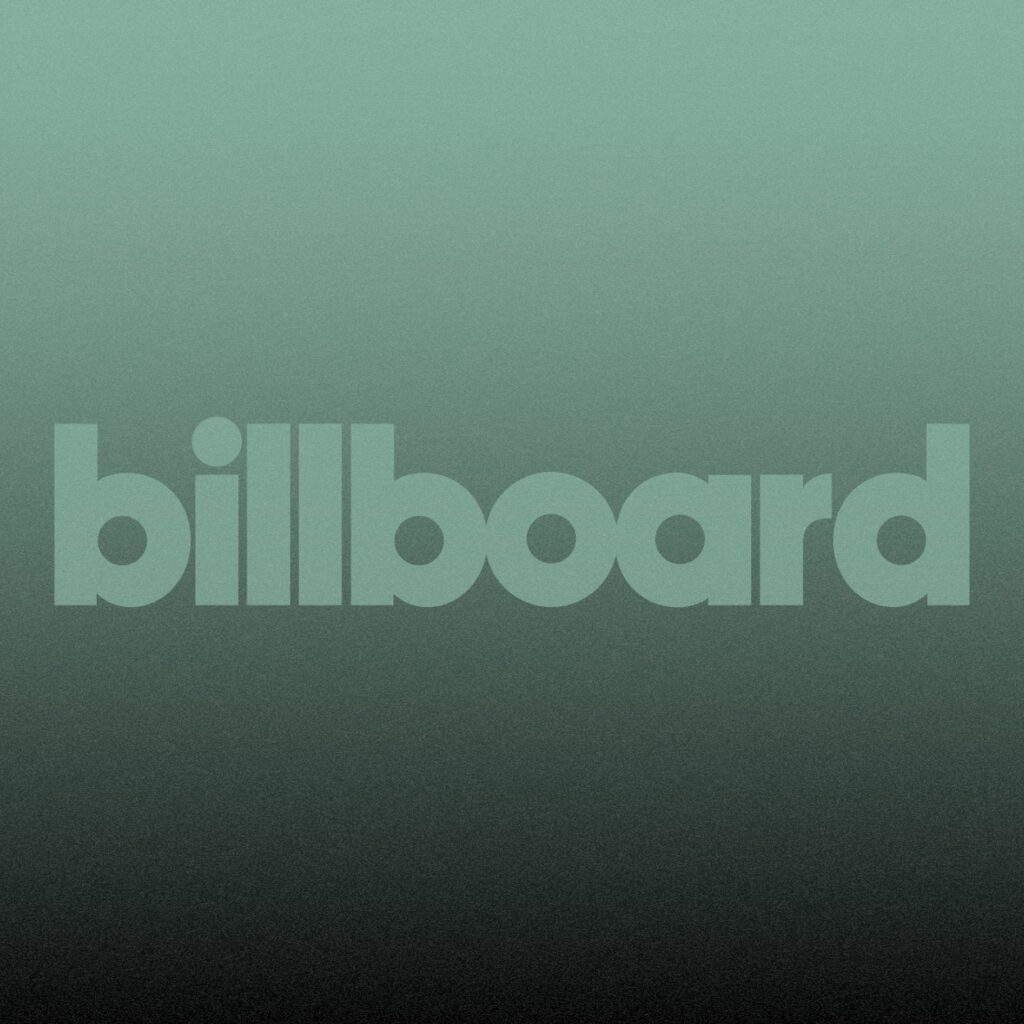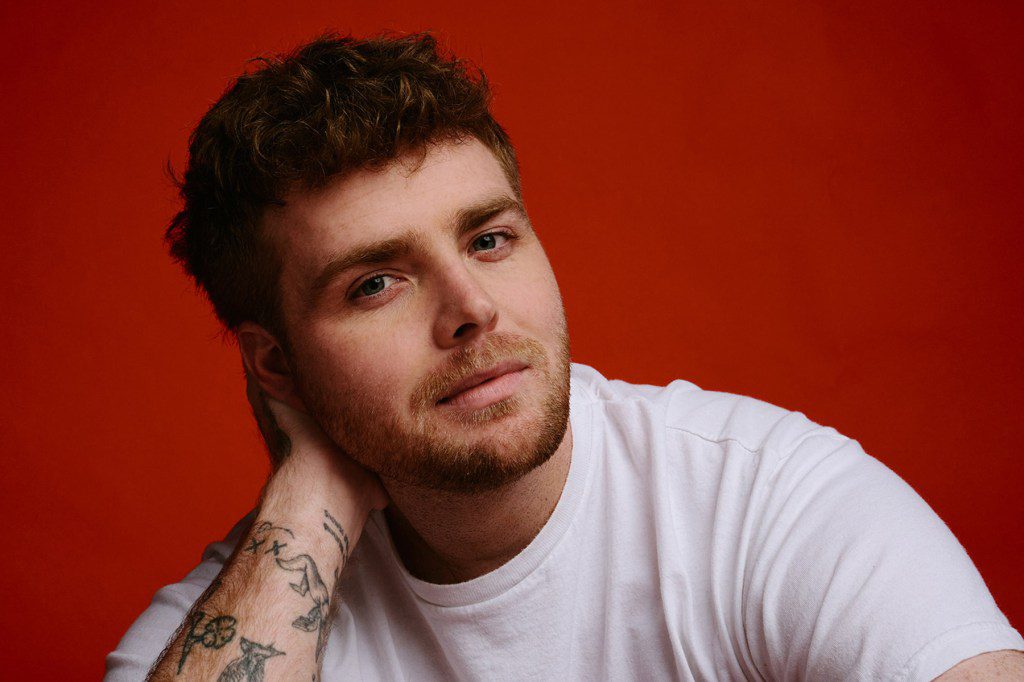Court in Chile rejects ban on Roger Waters performing over claims of antisemitism
A court in Chile has ruled that Roger Waters’ upcoming concerts in the country can go ahead, despite attempts to block them over accusations of antisemitism.
The former Pink Floyd bassist, who has repeatedly insisted he is not an antisemite, is set to play at the Estadio Monumental in Santiago on November 25 and 26, as part of his This Is Not A Drill Tour.
But the Representative Committee of Jewish Entities in Chile had sought to stop the shows from taking place, citing what they describe as Waters’ “history of incitement to antisemitic hatred”.
However, as reported by Cooperativa, the bid has been dismissed by Santiago’s Court of Appeals, who ruled that “no facts have been mentioned that could constitute a violation of the constitutional guarantees”.

In response to the attempt to block the concerts, a group of over 60 Chilean artists wrote a letter to the country’s Court of Appeals, imploring them to allow the shows to go ahead.
“The mentioned action, beyond its rhetorical foundation, seeks to censor in advance the criticism of the killing of children, bombings of refugee camps, hospitals, the killing of United Nations officials, among other crimes committed by the government led by the far-right Benjamin Netanyahu,” they wrote.
In April, Waters won a legal battle to play a concert in Frankfurt after it was initially cancelled over claims of antisemitism.
He had been scheduled to play at the publicly owned Festhalle on May 28, but Frankfurt City Council called off the performance over the musician’s views on Israel. They later described him as “one of the world’s most widely-known antisemites”.
But the court said that despite his show making use of “symbolism manifestly based on that of the National Socialist regime”, the tastelessness of which it said was exacerbated by the choice of the Festhalle as the venue due to its historical background, the concert should be “viewed as a work of art” and that there were not sufficient grounds on which to justify banning Waters from performing.
The most crucial point, according to the court, was that the musician’s performance “did not glorify or relativise the crimes of the Nazis or identify with Nazi racist ideology”, and nor was there any evidence that Waters used propaganda material in his show.
Earlier this month, Waters said he wondered if the “fishy” attacks perpetrated by Hamas on October 7 could have been a “false flag operation”. He claimed the massacre, which killed 1,400 Israelis, was “thrown out of all proportion” and questioned the origins of the attack.
When asked if the attack could be “justified”, he said: “We don’t know what they [Hamas] did do during the invasion.”
“Was it justified for them to resist the occupation? Yeah,” he said. “But again, it’s what you said, it’s the Geneva Conventions. They are absolutely, legally and morally bound to resist the occupation since 1967. It’s an obligation.”
He added that while he would “condemn” war crimes “if” they were committed, he believed the massacre “was thrown out of all proportion by the Israelis making up stories about beheading babies.”
After being repeatedly asked to condemn the attack, Waters said that “there may have been individual” cases of civilians killed. He went on to cite an article from The Grayzone – which has been accused of spreading misinformation – claiming “probably the first 400 [killed] were Israeli military personnel,” which is “not a war crime.”
Waters was recently the subject of a documentary, The Dark Side Of Roger Waters, which was produced by the Campaign Against Antisemitism and collates various incidents of alleged antisemitism perpetrated by the musician.
Rogers has spoken out against the documentary with a post to his official website, dismissing the project as “a flimsy, unapologetic piece of propaganda”. He also claimed that it “indiscriminately mixes things I’m alleged to have said or done at different times and in different contexts, in an effort to portray me as an antisemite, without any foundation in fact”.
“All my life I have used the platform my career has given me to support causes I believe in,” Waters wrote. “I passionately believe in Universal Human Rights. I have always worked to make the world a better, more just and more equitable place for all my brothers and sisters, all over the world, irrespective of their ethnicity, religion or nationality, from indigenous peoples threatened by the US oil industry to Iranian women protesting for their rights.”
The documentary highlights a controversial concert in Germany back in May, which was criticised by the US State Department who described it as “deeply offensive to Jewish people”.
The comments came after the musician appeared on stage at his show wearing a black trench coat with a swastika-like emblem. At the time the musician defended the choice, claiming that the segment was a statement against fascism, injustice and bigotry and called criticism of it “disingenuous and politically motivated”.
In October, the producer of The Dark Side of Roger Waters claimed that he once heard Waters call the band’s agent, Bryan Morrison, a “fucking Jew” while he was performing.
Elsewhere, saxophonist Norbert Stachel, who played for Waters, alleged that the musician angrily rejected food in a restaurant that he allegedly deemed “Jew food”. He also alleged that Waters mocked his family, some of whom were killed in the Holocaust, by mimicking them.
The documentary makers put their findings to Waters but he reportedly did not respond. NME has reached out to representatives of Waters for comment on both of the allegations outlined above, but they are yet to respond.
Waters has repeatedly denied all accusations of antisemitism and explained that his disdain is towards Israel, not Judaism. He also accused Israel of “abusing the term antisemitism to intimidate people like me into silence”.




